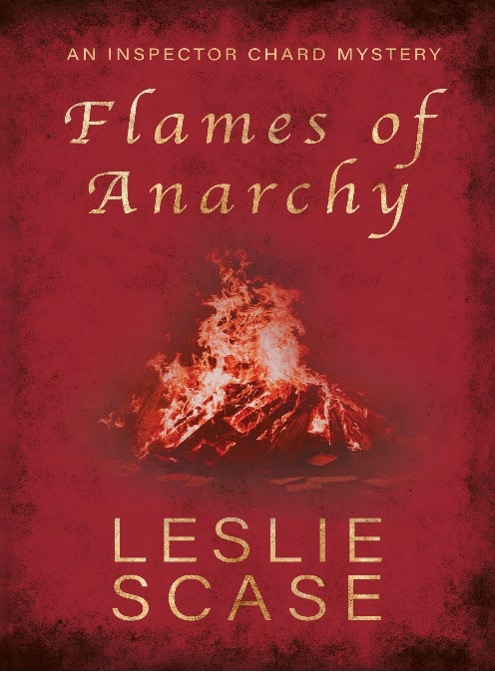Victorian Britain’s ‘War Against terror’ – Leslie Scase

It would be easy to assume that the threat of terrorism is a relatively modern post-World War phenomenon. Yet as with many social issues, the Victorians were ahead of us.
Try to conceive a situation where the UK government would allow a million of its citizens to die of starvation or associated disease and two million to be forced to emigrate.
When Victoria came to the throne the entire population of Ireland were British subjects and whilst Queen Victoria and Prince Albert lived in luxury, the Irish Famine took more lives than the number of British soldiers killed in World War One. It was the largest preventable disaster in the history of the British Isles, though largely ignored in the modern school curriculum.
Such a terrible event naturally revitalised the claim for Irish independence giving rise to one source of terrorist threat. Amongst the incidents which occurred during Victoria’s reign were 18 bombs which exploded between 1881 and 1885 across the UK from Glasgow to London. Others were defused or failed to explode. Targets included a gasworks, railway stations, police stations and parliament itself.
But the Fenian campaign was not the only source of terror
Aside from the UK Chartist movement, there was a change in political thought across Europe. Wars, poverty and famine had pushed the working classes to re-evaluate society. 1848 saw the Year of Revolutions with uprisings across the continent from Paris to Budapest. As the century drew on, it was anarchists and nihilists who wanted to fight ‘The Establishment’. Their methods became ever more deadly, such as, the stabbing of the Empress of Austria in 1898 and the assassination of Umberto 1 of Italy in 1900. During Victoria’s reign their influence spread beyond the continent into Britain.
There was a clear threat to life on a number of occasions with terrorists arrested on explosive charges such as the Walsall Anarchists in 1892 and London-based Italian anarchists Farnara and Polti in 1894.
However, by far the most audacious terrorist plot was the intended assassination of the Czar and Czarina of Russia during their visit to Queen Victoria at Balmoral in 1896. It involved joint planning by Russian nihilists, European anarchists and Irish Nationalists. Following a tip-off in America, police forces from the USA, Great Britain, France and Belgium co-operated in a race against time to foil the terrorists. It is an international incident which has largely been lost in the mists of time, but which might have changed the entire course of world history.

My latest crime fiction novel, “Flames of Anarchy”, begins with the real-life capture of the mastermind behind the plot and pitches his protagonist, Inspector Chard, into the world of international terrorism.
In this murder mystery, Chard is tasked with finding a lone assassin who may be being protected by a gang of anarchists somewhere in Glamorganshire. Having just returned to Pontypridd from Shrewsbury, where he was fighting to clear his own name, Chard is more concerned with rebuilding his career. But events soon overtake this aim and Chard’s efforts to find the assassin are frustrated by a series of apparently random murders.
As the anarchists plot to promote unrest, the body count begins to grow. Soon a local politician is amongst the dead. Tensions rise as the anarchists fight amongst themselves, with one group’s actions becoming increasingly more extreme. Still the killer’s true objective remains a mystery… one that Chard must solve, and quickly.

Leslie Scase is the Shropshire-based author of the Inspector Chard Mysteries, crime thrillers set in the heyday of Victorian Britain. The first novel Fortuna’s Deadly Shadow was published in 2019. The second, Fatal Solution, was published in May 2021. An advocate of the ‘classic’ murder mystery genre, Leslie is also a keen historian, which is reflected in the authenticity of his novels.
Born and educated in South Wales, Leslie worked in local industry before travelling widely across the UK during a career in the Civil Service. His first novel was inspired in part by his Italian and English ancestors having settled in South Wales in the late nineteenth century. A keen fly fisherman and real ale enthusiast, he lives close to the Welsh border, in the county town of Shrewsbury.
Facebook page: www.facebook.com/InspectorChard
Twitter @InspectorChard